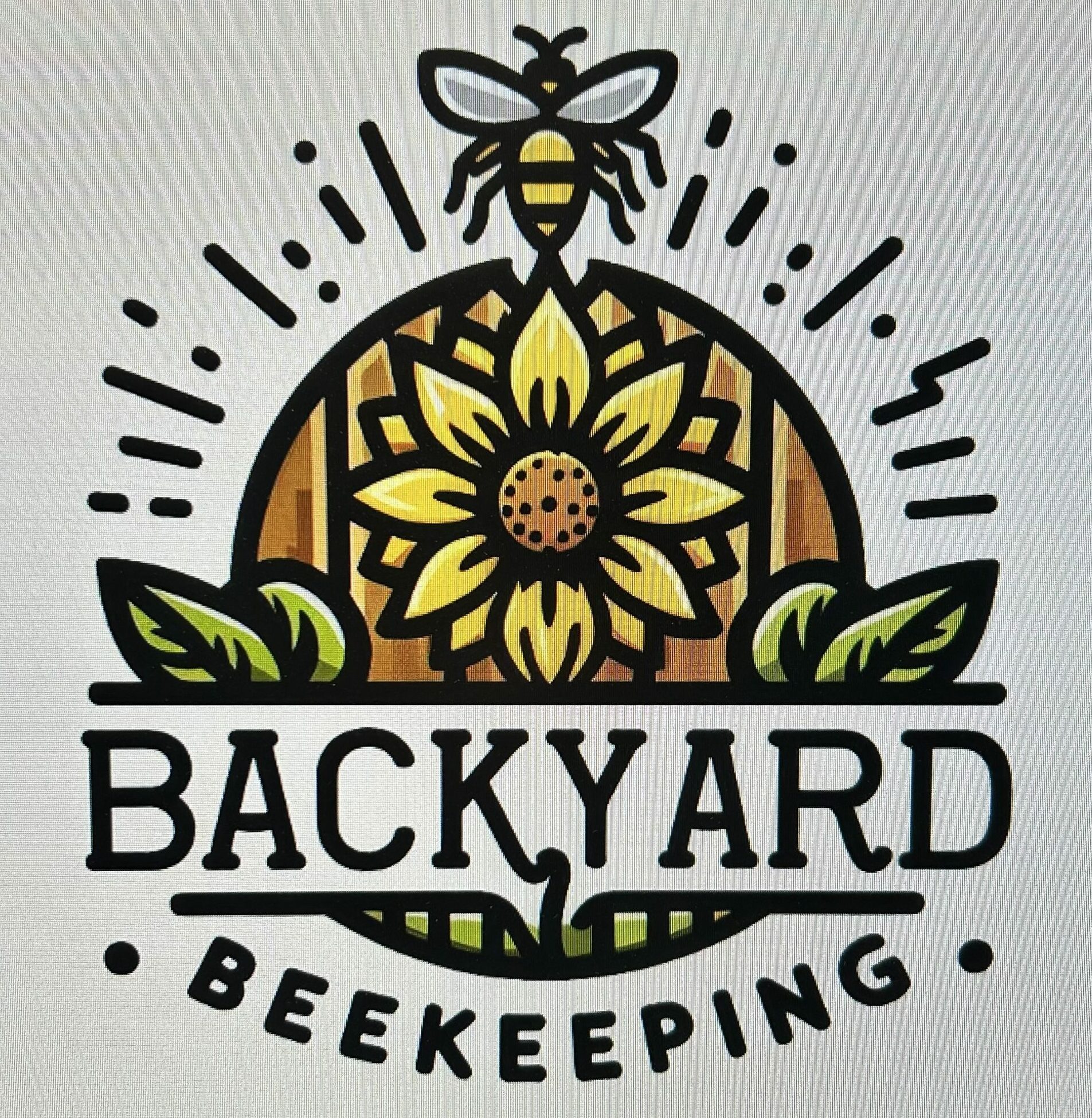Young beekeepers are catching everyone’s attention. Despite its traditional image, the world of beekeeping is seeing a fresh wave of youthful energy. Kids and teens are enthusiastically donning veils and suits, tending to hives, and producing honey, and the results are nothing short of amazing.
Beekeeping plays a huge role in environmental sustainability. Bees are critical pollinators, essential for our food supply and ecosystems. By fostering a new generation of beekeepers, we’re investing in a healthier planet. Young beekeepers are not just learning about bees; they’re becoming stewards of the environment, understanding the impact of their actions on a broader ecological scale.
The demographic trends in beekeeping are shifting. Traditionally seen as an older person’s hobby, beekeeping is now attracting younger folks in droves. Many organizations and communities offer beekeeping programs aimed at kids and teens, nurturing their fascination with nature and science. This shift is promising for the future of beekeeping and environmental conservation.
There are many inspiring stories of young beekeepers making waves. Take the example of Ellie, a 12-year-old from Ohio, who started her beekeeping journey in her school’s environmental club. Today, she manages multiple hives and even teaches her classmates the importance of bees. Similar stories are popping up all over, proving that age is just a number when it comes to making a difference.
Cultivating Curiosity in Classrooms
Elementary schools are becoming the breeding grounds for the next generation of beekeepers. Introducing beekeeping at a young age is more than just a trend; it’s a transformative learning experience. Kids are naturally curious, and the fascinating world of bees feeds into that curiosity, turning it into a valuable educational tool.
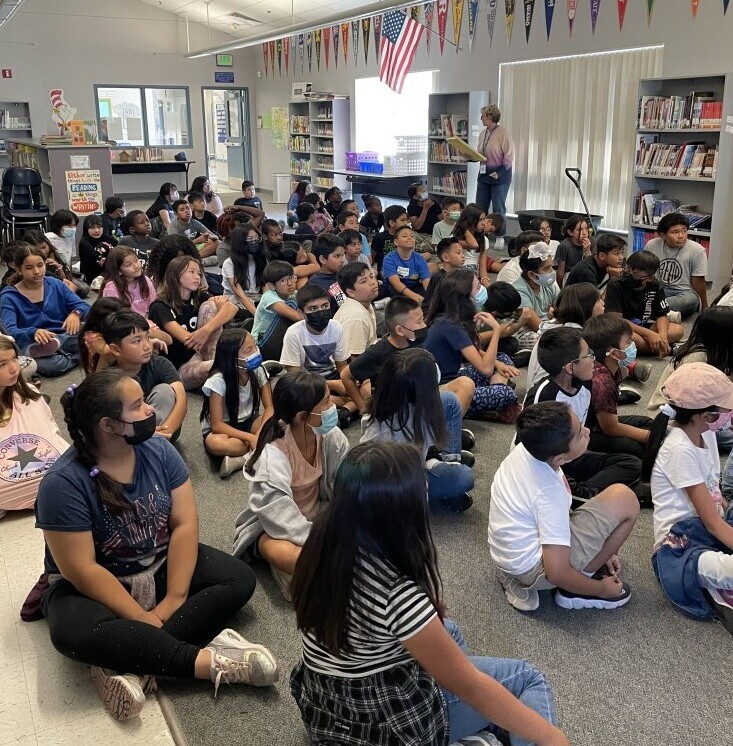
The benefits for children are incredible. By engaging in beekeeping, kids learn responsibility as they care for their hives. They also develop a deeper appreciation for nature and the vital role that bees play in our environment. Classroom beekeeping programs incorporate lessons on biology, ecology, and even math, making learning fun and hands-on.
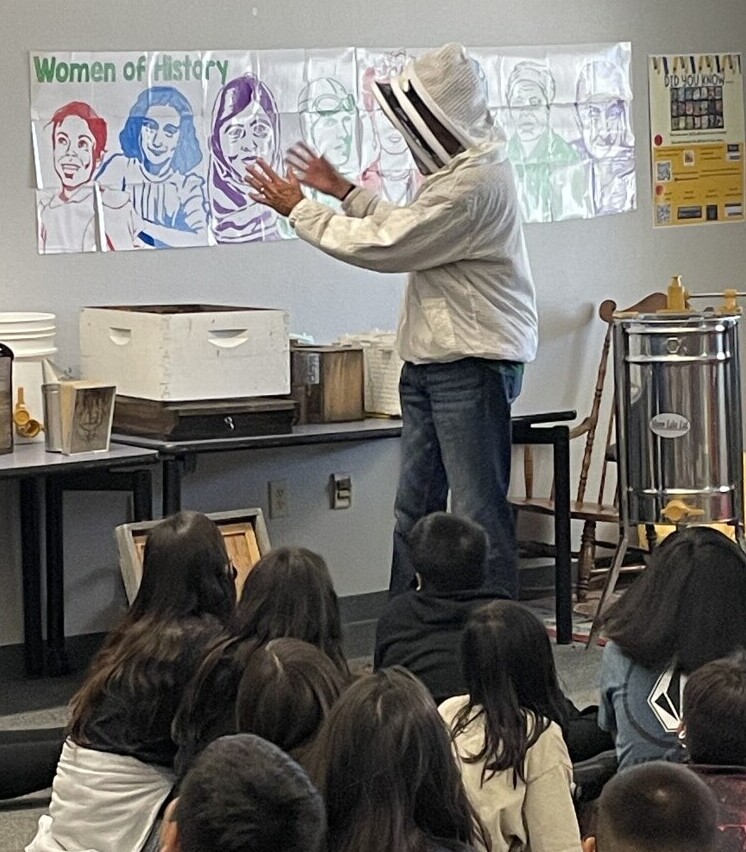
Classroom demonstrations of beekeeping are a ga
me-changer. Bringing beekeeping into schools strips away the mystery and fear surrounding bees. These demonstrations provide a safe space for kids to interact with bees and beekeepers, sparking interest and excitement. Watching a hive in action or seeing honey being harvested right in their classroom makes the experience real and unforgettable.
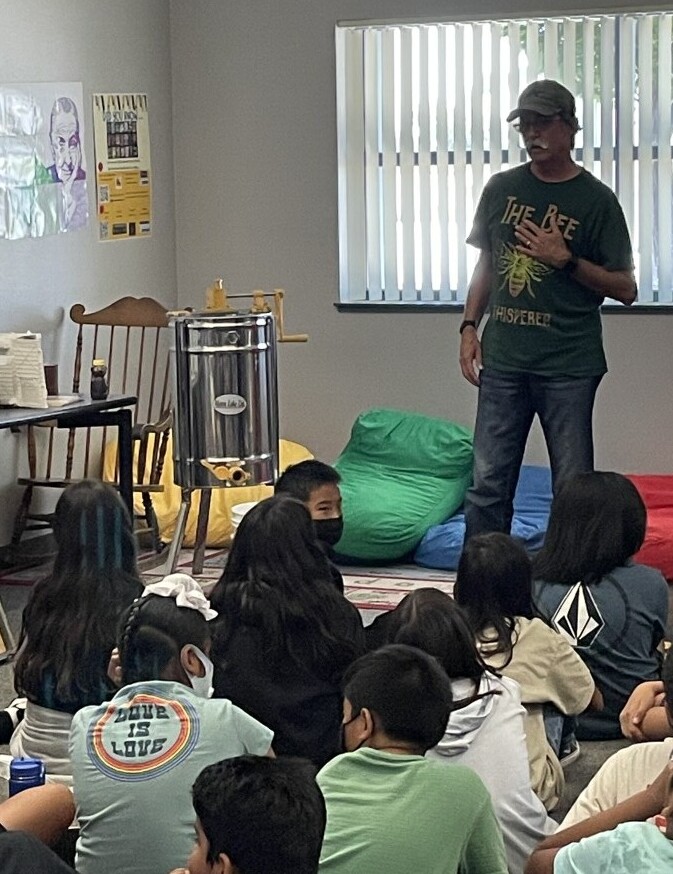
Successful classroom programs are sprouting up everywhere. Schools collaborating with local beekeeping clubs or environmental organizations often have the best results. Programs like these provide the necessary equipment, training, and support for both teachers and students. Some schools even have their own apiaries, offering students a firsthand beekeeping experience that’s hard to beat.
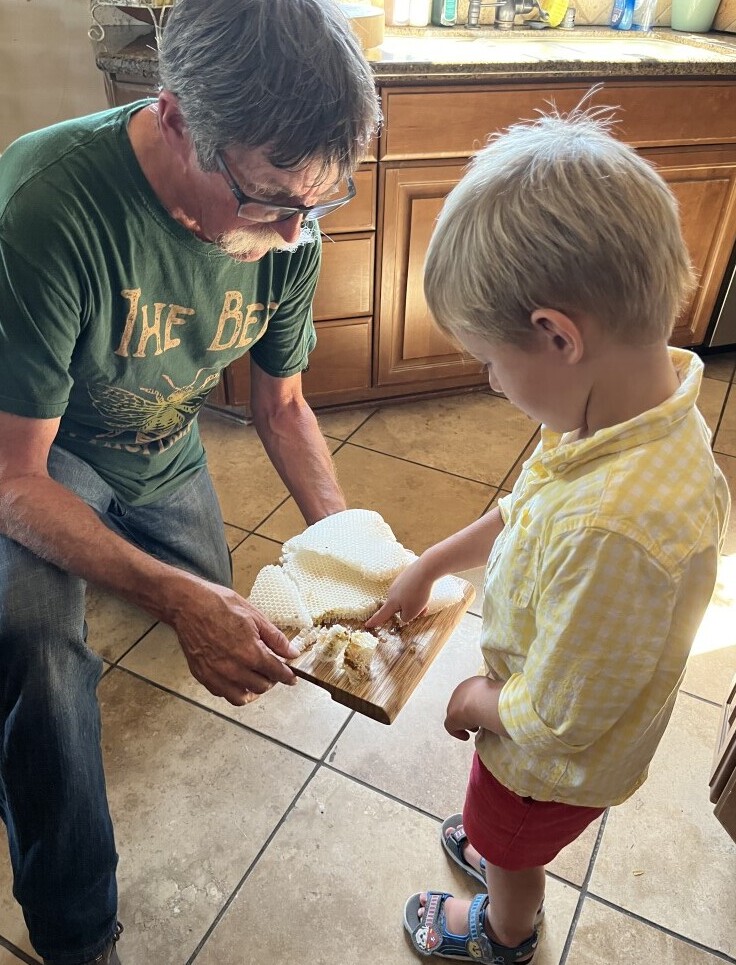
Educational Pathways for Aspiring Beekeepers
‘ Beekeeping isn’t just about tending hives; it’s a craft that blends science, art, and patience. For young beekeepers, acquiring the right skills and knowledge is critical. Everything starts with understanding bee biology, behavior, and the impact of seasons on hive health. Grasping these basics sets the foundation for more advanced practices like hive management and honey extraction.
There are plenty of resources and programs to help budding beekeepers. Online courses, local beekeeping associations, and workshops can all offer valuable insights. Many organizations even offer youth-specific programs with mentorship from experienced beekeepers. These resources don’t just provide information; they offer community and support, which is crucial for young learners.
Mentorship can be a game-changer. Experienced beekeepers can offer invaluable guidance, from troubleshooting hive issues to sharing best practices. For schools looking to integrate beekeeping into their curriculum, partnering with local beekeeping clubs can provide essential support and expertise. Mentorship builds confidence and expertise, helping young beekeepers navigate challenges and achieve success.
For schools aiming to introduce beekeeping, the first steps involve getting the right permissions and support from the administration. Creating a structured beekeeping program with clear goals and safety guidelines is essential. Schools can also reach out to parents and the community for support and resources. Many communities already have beekeepers who’d love to share their knowledge with the next generation.
Future of Beekeeping: Sustaining the Momentum
Young beekeepers are full of promise, but they also face a unique set of challenges. From finding space for hives to navigating the costs of equipment, these hurdles can feel overwhelming. However, with the right support and resources, they can overcome these obstacles. Community programs, grants, and youth beekeeper organizations often offer financial assistance and shared spaces, making it easier for young enthusiasts to stick with the art.
Innovation is playing a big role in modern beekeeping. New technologies like hive monitoring systems and app-based management tools are simplifying tasks and improving hive health. These advancements are particularly beneficial for young beekeepers who are tech-savvy and eager to integrate modern solutions into traditional practices. Embracing these tools can make beekeeping more accessible and effective.
The role of technology can’t be underestimated. Tools like digital hive scales, temperature sensors, and smartphone apps provide real-time data, helping beekeepers make informed decisions. These innovations are making beekeeping less daunting and more engaging for young people.
Promoting young beekeepers is more than just supporting a hobby; it’s investing in the future. Encouraging the next generation ensures that the beekeeping industry remains vibrant and sustainable. Moreover, it fosters environmental stewardship and scientific curiosity, which are invaluable for the planet.
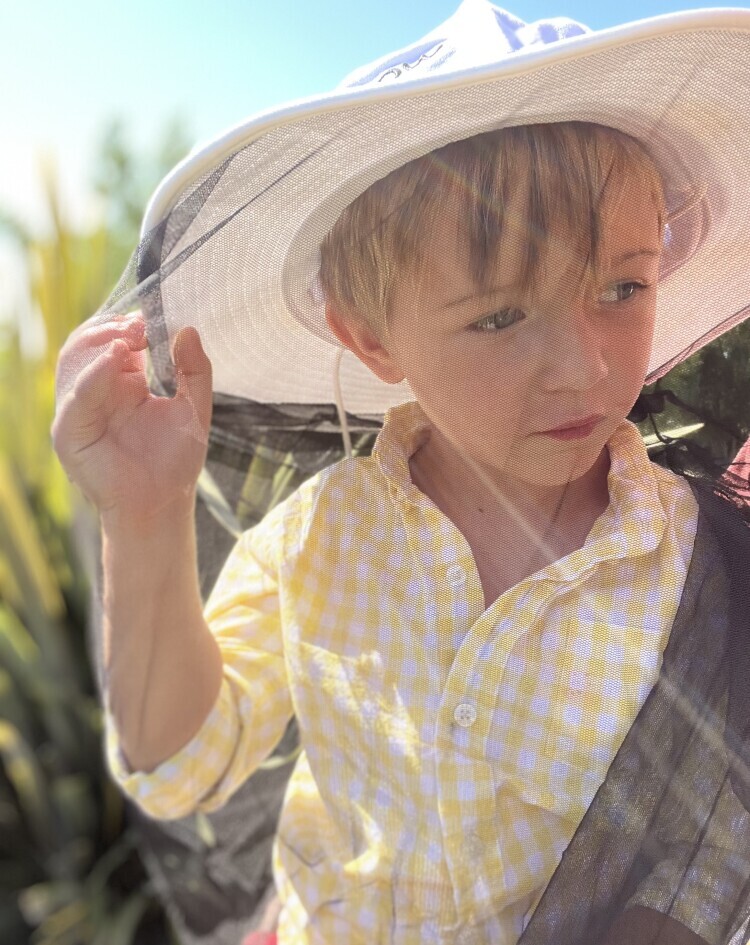
Supporting young beekeepers not only benefits them but enriches the entire beekeeping community. New perspectives and youthful energy bring fresh ideas and innovations. This dynamic exchange keeps the tradition of beekeeping alive and well, securing its future for the coming generations.
If you would like to receive the monthly newsletter from Beewhisperer360 drop your email address in the comments section.
